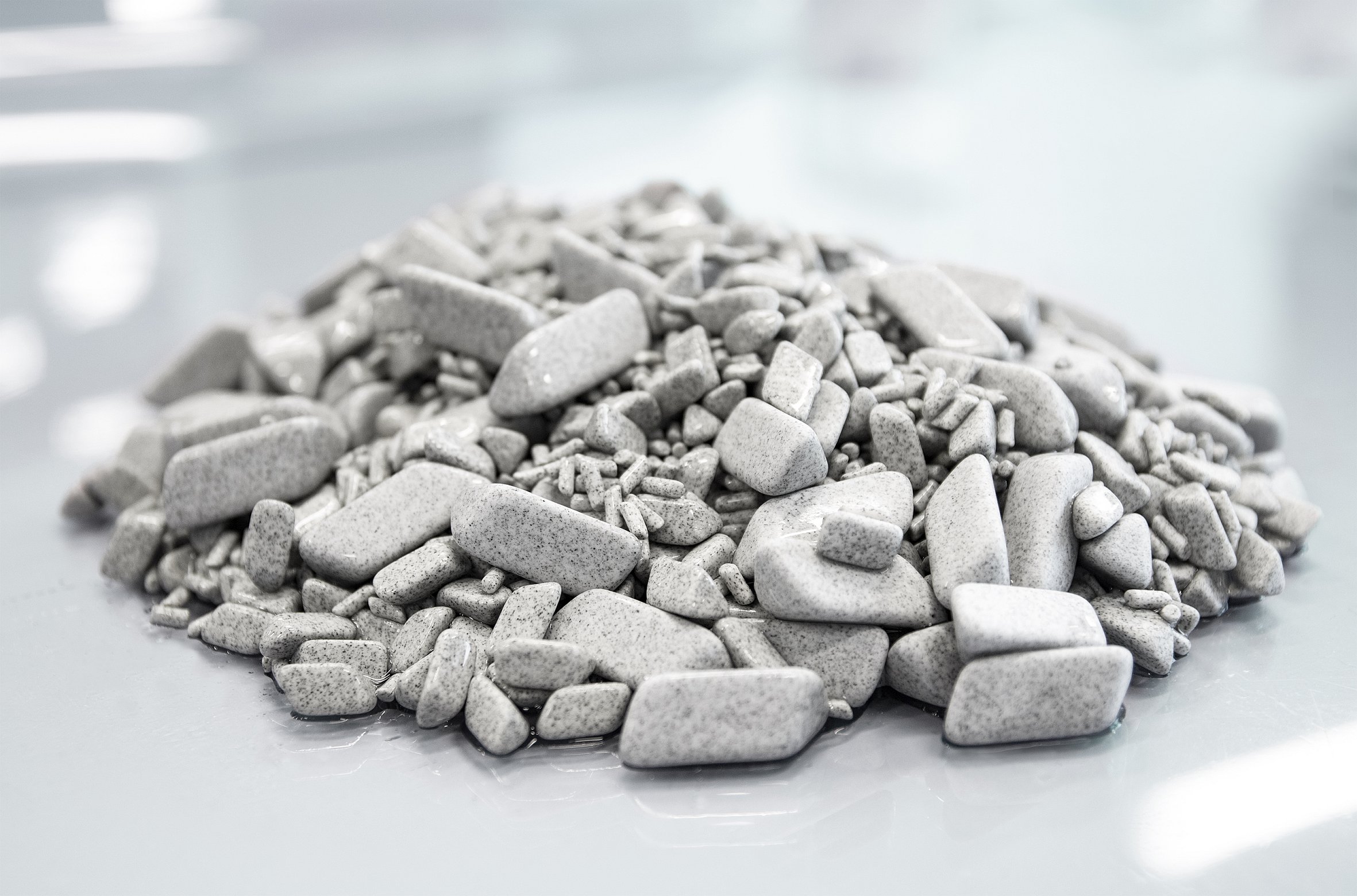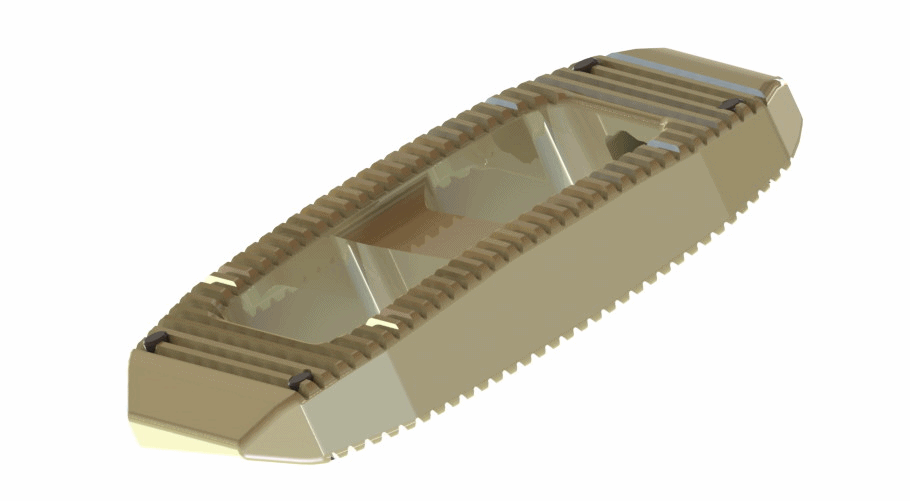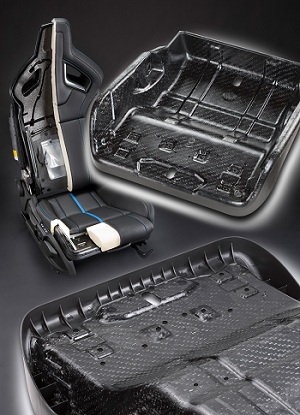 Representatives of Brita and Clorox are meeting with Sealaska Corp.’s board today to review the recent launch of a new Brita
Representatives of Brita and Clorox are meeting with Sealaska Corp.’s board today to review the recent launch of a new Brita
filtered water bottle manufactured by a Sealaska subsidiary.
“I’m really thrilled about the launch,” said Kate Barkelew, senior sourcing manager for The Clorox Co., which owns Brita.
Representatives of the three companies met with reporters Thursday at Sealaska’s corporate headquarters to explain how the deal came about and what they hope the relationship can become.
Brita is selling a new water bottle containing a charcoal filter. It’s designed to remove the chlorine taste from water and “makes tap water taste great anywhere,” Brita says.
Since it was launched on Valentine’s Day, it has captured 70 percent of the filtered water bottle market, said Tad Kittredge, brand manager for Brita.
Brita though, sees its competition not as other filtration systems, but bottled water itself.
It’s pitching both the lower cost and the environmental benefits of using its filtration system.
Each charcoal filter cartridge can be used to make numerous bottles of filtered water, though it is not clear how many. Kittredge said each filter handled 300 bottles worth, but the bottle’s label itself says 128 bottles and 150 bottles in different places.
Regardless of the number, “that’s a lot of savings, along with a lot of bottles taken out of the landfill that would normally end up there,” Kittredge said.
Manufacturing the bottle is Nypro Kánaak, a Sealaska subsidiary that does injection molding of plastics. The company outsources the soft plastic bottle and buys the charcoal, and manufactures the hard plastic pieces of the cartridge, bottle top and mouthpiece and assembles the final product.
Nypro Kánaak’s Ed Rivera, director of marketing development, called the Brita business “one of the bigger successes we’ve had.”
Demand for the new filter bottle greatly exceeded Brita’s sales projections and Nypro Kánaak’s production capabilities, Rivera said.
“We immediately proceeded to build duplicate toolings with much greater capacity and even with that capacity our manufacturing has been taxed,” Rivera said.
The Sealaska subsidiary didn’t just happen to get the Brita business, it was sought out by Clorox because of its Native ownership, Barkelew said.
Nypro Kánaak, by virtue of its 51 percent Sealaska ownership, has Minority Business Enterprise certification.
Clorox has a corporate goal of using its sourcing decisions to help out minority and disadvantaged businesses, and hopes small changes to its operations like steering business to an MBE such as Nypro Kánaak will bring bigger benefits if the help those companies succeed.
“That’s really the core of our diversity program,” she said.
Earlier in the week the Brita and Clorox representatives visited Hoonah, to learn more about where their new business partners come from.
It’s “for us to really experience what Sealaska is about and how the shareholders contribute to the success of this product,” Kittredge said.
The company representatives from Sealaska, Brita and Clorox all declined to talk specifics about how manufacturing the bottles would benefit Sealaska, but presumably Nypro Kánaak profits would help the Sealaska bottom line.
Also unclear is who really benefits from the Nypro Kánaak MBE designation. The company has plants in Iowa, Alabama and Guadalajara, Mexico.
The Brita bottle is being manufactured in Mexico.
Rivera declined to say what labor costs were there, but acknowledged that played a role in Nypro Kánaak’s winning the business.
“What they wanted to do was avail themselves with the low cost structure of our Mexican plant,” he said.
Nypro Kánaak plants already make hard plastic bottle caps for products such as Tide, and do business with big consumer products companies such as Kraft and Proctor & Gamble.
The Brita bottle’s multiple pieces are the kind of thing Nypro Kánaak seeks out for the Mexico plant.
“In Guadalajara we do a lot of assembly,” Rivera said.
Barkelew said she hoped that Clorox’ first time doing business with Nypro Kánaak would lead to more business in the future for the Native–owned company.
She described it as “crawling before you walk,” but said Clorox hoped it would develop into a longer-term relationship.
Source : juneauempire.com






